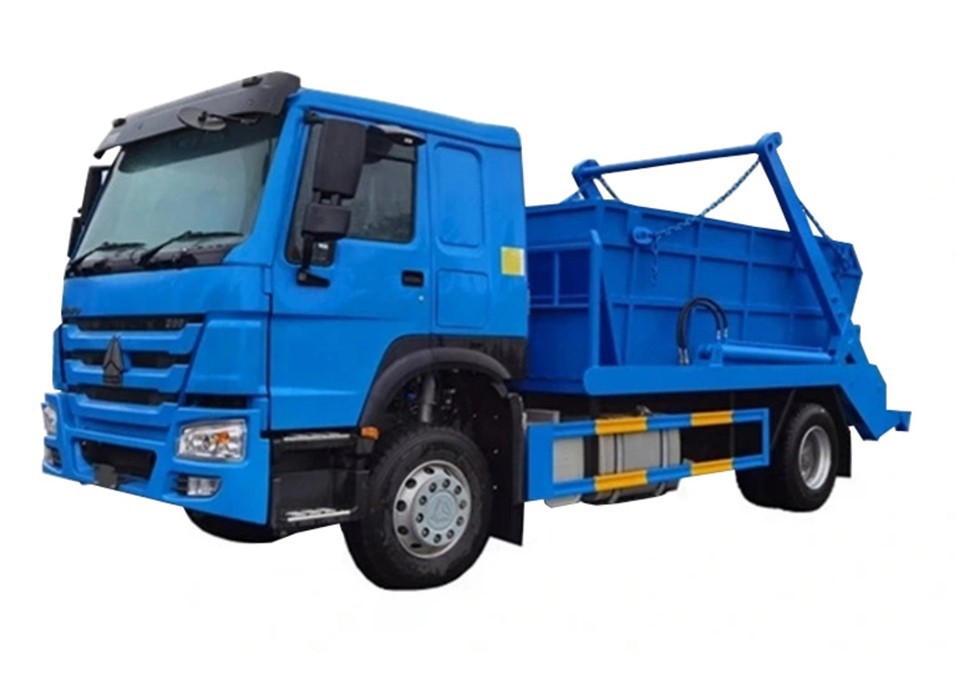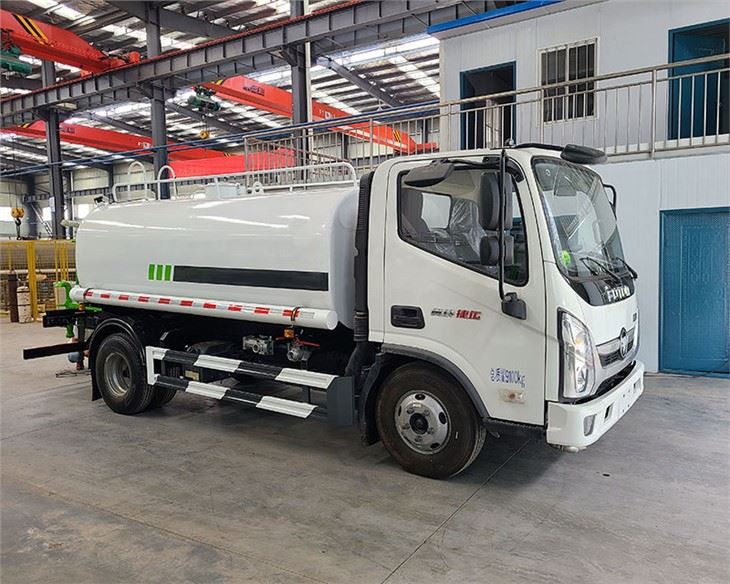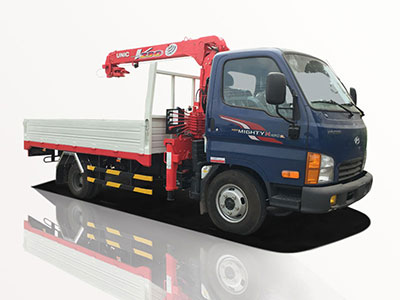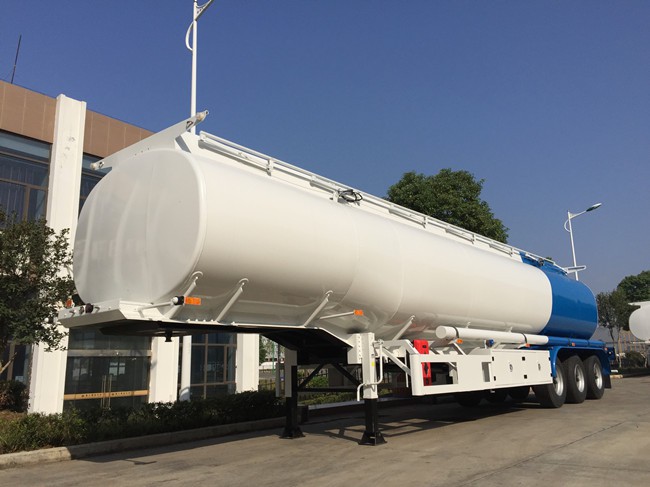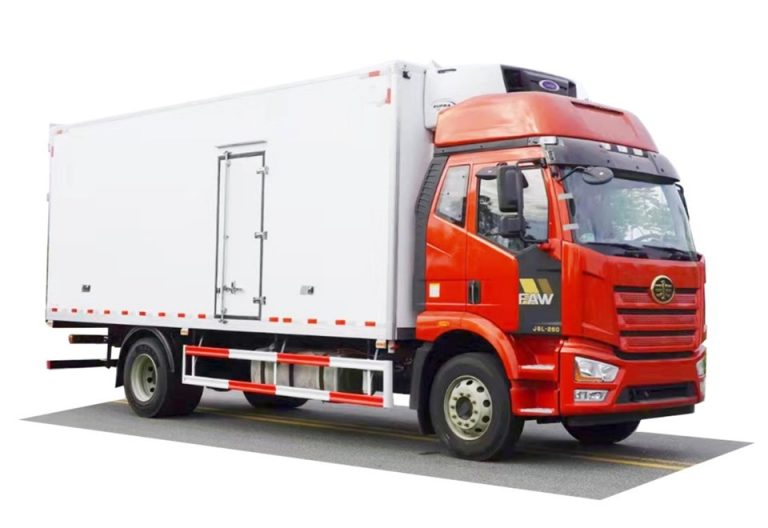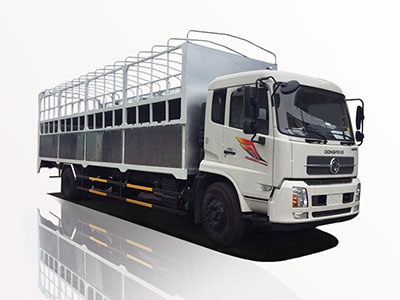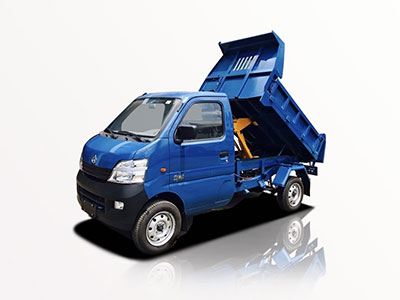Introduction
Truck vacuum pumps play a critical role in the functionality and efficiency of various vehicles, especially those used in transportation, waste management, and construction. Understanding the mechanics, advantages, types, and maintenance of these pumps can significantly enhance your vehicle’s performance and longevity. In this comprehensive article, we will delve deep into what truck vacuum pumps are, their benefits, types available, installation and maintenance guidelines, and much more. Whether you are a truck owner, operator, or enthusiast, this guide is designed to provide all the necessary information about truck vacuum pumps.
What is a Truck Vacuum Pump?
A truck vacuum pump is a mechanical device that creates vacuum pressure, which is essential for the efficient operation of various truck components. These pumps help remove air, fluids, and other contaminants from a system, thus enabling effective functioning. They are commonly utilized in vacuum trucks, which are specifically designed for suctioning liquids and solids.
How Does a Truck Vacuum Pump Work?
Understanding how a truck vacuum pump works is crucial for its effective use. The basic operation involves:
- Creating a Vacuum: The pump generates a negative pressure by drawing air and fluids away from the desired area.
- Fluid Transfer: Once a vacuum is created, the pump can transfer liquids or solids into a holding tank or container.
- System Regulation: Many pumps are equipped with sensors that monitor the vacuum level, ensuring consistent pressure is maintained during operation.
Types of Truck Vacuum Pumps
1. Gear Pumps
Gear pumps are commonly used due to their robustness and ability to handle heavy-duty applications. They use gears to create positive displacement, allowing for effective fluid transfer.
2. Diaphragm Pumps
Diaphragm pumps operate using a flexible diaphragm that moves up and down, creating a vacuum. They are ideal for transferring hazardous materials as there is no risk of leakage.
3. Rotary Vane Pumps
Rotary vane pumps utilize sliding vanes to create a vacuum. They are suitable for applications requiring a high vacuum level and consistent performance.
4. Piston Pumps
Piston pumps are known for their efficiency in high-pressure applications. They are often used for heavy-duty suction tasks.
Advantages of Using Truck Vacuum Pumps
1. Enhanced Efficiency
Truck vacuum pumps significantly improve the efficiency of operations by quickly removing unwanted materials, which reduces downtime.
2. Versatility
These pumps are versatile and can be used for various applications, including debris removal, liquid transfer, and environmental clean-up.
3. Cost-Effective Solutions
Investing in a quality truck vacuum pump can lead to savings in maintenance and operational costs over time.
4. Improved Safety
Using a vacuum pump minimizes manual handling of hazardous materials, thereby improving workplace safety.
Installation Process of Truck Vacuum Pumps
1. Preparing for Installation
Before installing a truck vacuum pump, ensure that you have the necessary tools, safety gear, and that you follow all relevant safety protocols.
2. Mounting the Pump
The pump should be mounted securely in a space that allows for easy access and maintenance. Most pumps come with specific mounting brackets that should be used.
3. Connecting the Hoses
Connect the necessary hoses to both the inlet and outlet ports. Ensure all connections are secure to prevent any leaks during operation.
4. Electrical Wiring
Follow the manufacturer’s instructions for electrical wiring to ensure the pump operates safely and efficiently. Double-check connections before powering on the pump.
Maintaining Your Truck Vacuum Pump
1. Regular Inspection
Regularly inspect the pump for any signs of wear and tear. Check hoses and connections for leaks and ensure the motor operates smoothly.
2. Fluid Replacement
Replace any lubricants or fluids as indicated in the manufacturer’s guidelines to maintain optimal performance.
3. Cleaning the System
Periodically clean the pump and associated hoses to prevent blockages and ensure efficiency.
4. Professional Servicing
Consider having the vacuum pump serviced by a professional periodically to identify any potential issues early on.
Common Applications of Truck Vacuum Pumps
1. Waste Management
In the waste management industry, vacuum pumps play a crucial role in efficiently collecting and transporting hazardous and non-hazardous waste.
2. Construction Sites
Construction projects often require pumping out water from excavated areas or cleaning up debris, making vacuum pumps invaluable.
3. Environmental Cleanup
Truck vacuum pumps are essential in environmental cleanup operations, allowing teams to quickly remove contaminants from water and soil.
4. Industrial Applications
Many industrial processes require vacuum pumps for tasks like material transfer and filtration, which makes them crucial across various sectors.
Practical Tips for Using Truck Vacuum Pumps
1. Choose the Right Pump
Select a vacuum pump that suits your specific operational needs. Consider factors like the type of material being pumped, the volume, and the required vacuum level.
2. Train Operators
Ensure that anyone operating the vacuum pump is trained in its proper use, maintenance, and safety procedures.
3. Monitor Performance
Keep track of the pump’s performance metrics to identify any deviations that could indicate a need for maintenance or repairs.
4. Store Properly
When not in use, store the pump in a dry and safe location to prevent damage or deterioration.
Understanding Regulations and Safety Precautions
Ensure compliance with local regulations regarding the handling and transportation of hazardous materials. Implement safety protocols to protect operators and the environment during the use of truck vacuum pumps.
Cost Considerations for Truck Vacuum Pumps
1. Initial Purchase Cost
The initial investment for a truck vacuum pump can vary based on the type and brand. It’s essential to evaluate long-term savings against initial costs.
2. Maintenance and Operation Costs
Consider ongoing maintenance costs, including parts and professional servicing. Budget for these expenses to avoid unexpected financial burdens.
FAQs
1. How often should I maintain my truck vacuum pump?
Regular maintenance should be performed every few months, depending on usage. Consult the manufacturer’s guidelines for specific recommendations.
2. Can I use a truck vacuum pump for hazardous materials?
Yes, many truck vacuum pumps are designed for hazardous materials, but it’s essential to select a pump specifically rated for such applications.
3. What are some signs my vacuum pump needs repair?
Signs of potential issues include unusual noises, decreased suction power, or leaks in the system. Address these symptoms promptly to prevent larger issues.
4. Are there any safety protocols for using truck vacuum pumps?
Always wear protective gear, ensure proper training for operators, and follow all manufacturer guidelines to maintain safety during operation.
5. How do I choose the right size pump for my truck?
The pump size should match your specific application requirements, including the type of material being pumped and the pumping volume needed.
6. Is it possible to upgrade an existing pump?
In many cases, upgrading components of a pump or adding features can enhance its performance. Consult a professional for advice based on your specific situation.
